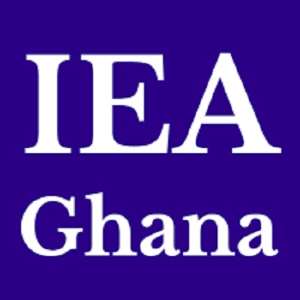
The Institute of Economic Affairs (IEA) has described the recent signing of a Memorandum of Understanding (MoU) extending the petroleum licences of Tullow Oil and its partners to 2040 as lacking good faith, transparency, probity and accountability.
In a press release, the think-tank noted that the MoU “is starkly at odds with the Government’s own commitment to reset and strengthen governance of the extractive sector.”
That the operational relationship between Tullow and Ghana, according to the IEA, “is riddled with challenges, including a series of high-profile international arbitration disputes that casts a shadow of doubt over the existing Petroleum Agreement.”
A notable instance the IEA recalled was when “the Ghana Revenue Authority (GRA) assessed a Branch Profit Remittance Tax (BPRT) liability of USD 320 million against Tullow for the period 2012-2016, following a thorough audit”. Tullow, IEA added, refused to comply and challenged the claim through international arbitration.
The IEA pointed at another tax dispute which, as the think-tank put it, “Tullow has refused to pay and is contesting an additional GRA-assessed tax liability of USD 387 million, based on disallowed interest deductions from 2010 to 2020.”
In the light of the foregone issues, the IEA “strongly urges the Government to immediately suspend the ongoing process to extend Tullow Petroleum licences – originally due to expire in 2036,” adding “we must not compound existing problems by embedding them into future agreements.”
Many countries, the IEA has observed, “have transitioned away from the colonial-style concession agreements toward service contracts and more state-led governance.”
Going forward, the IEA urged the President to prioritise national welfare as it recommends the Norwegian model “which allows the state to retain ownership of oil resources and contracts private firms like Tullow to deliver services on a fee basis – ensuring greater returns and control.”
Continuing, the IEA called on the President “to honour the over 2 million vote margin in the 2024 elections – one of the highest electoral margins in the Fourth Republic – by initiating a transformative reset of Ghana’s petroleum governance regime.”


